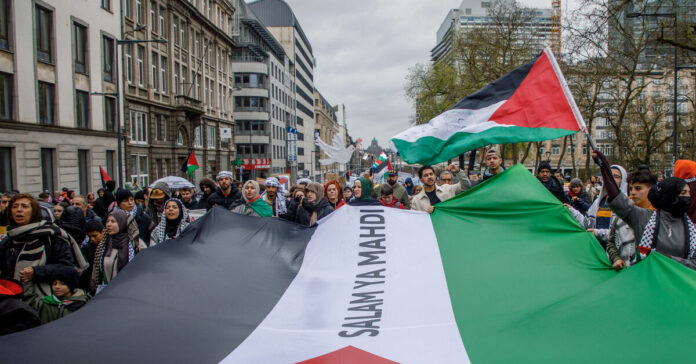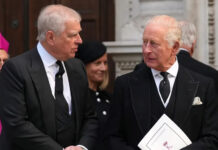
Belgium will formally recognise a Palestinian state at the upcoming United Nations General Assembly, Foreign Minister Maxime Prevot announced on Tuesday, joining a growing list of countries placing pressure on Israel over its war in Gaza.
The move comes after similar decisions by Australia, Britain, Canada, and France, and is expected to further intensify international calls for a two-state solution.
“Belgium will join the signatories of the New York Declaration, paving the way for a two-state solution — a Palestinian state coexisting in peace alongside Israel,” Prevot said in a post on X.
He added that the decision was taken “in light of the humanitarian tragedy unfolding in Palestine, particularly in Gaza, and in response to the violence perpetrated by Israel in violation of international law.”
As part of the announcement, Belgium will also impose 12 “firm” sanctions on Israel. These include banning imports from Israeli settlements, reviewing public procurement policies with Israeli companies, and declaring Hamas leaders persona non grata in Belgium.
Palestinians have long sought an independent state in the Israeli-occupied West Bank and Gaza, with East Jerusalem as its capital. The United States maintains that such a state can only be achieved through direct negotiations between Israel and the Palestinians.
Belgium, a European Union member, said the decision was aimed at increasing pressure on both the Israeli government and Hamas to move toward peace.
In 2024, the International Court of Justice ruled that Israel’s occupation of Palestinian territories, including the West Bank, and its settlement expansion were illegal and should be withdrawn as soon as possible.
Israel disputes this, arguing that the territories are not legally “occupied” but rather “disputed,” a stance rejected by the United Nations and the majority of the international community.


